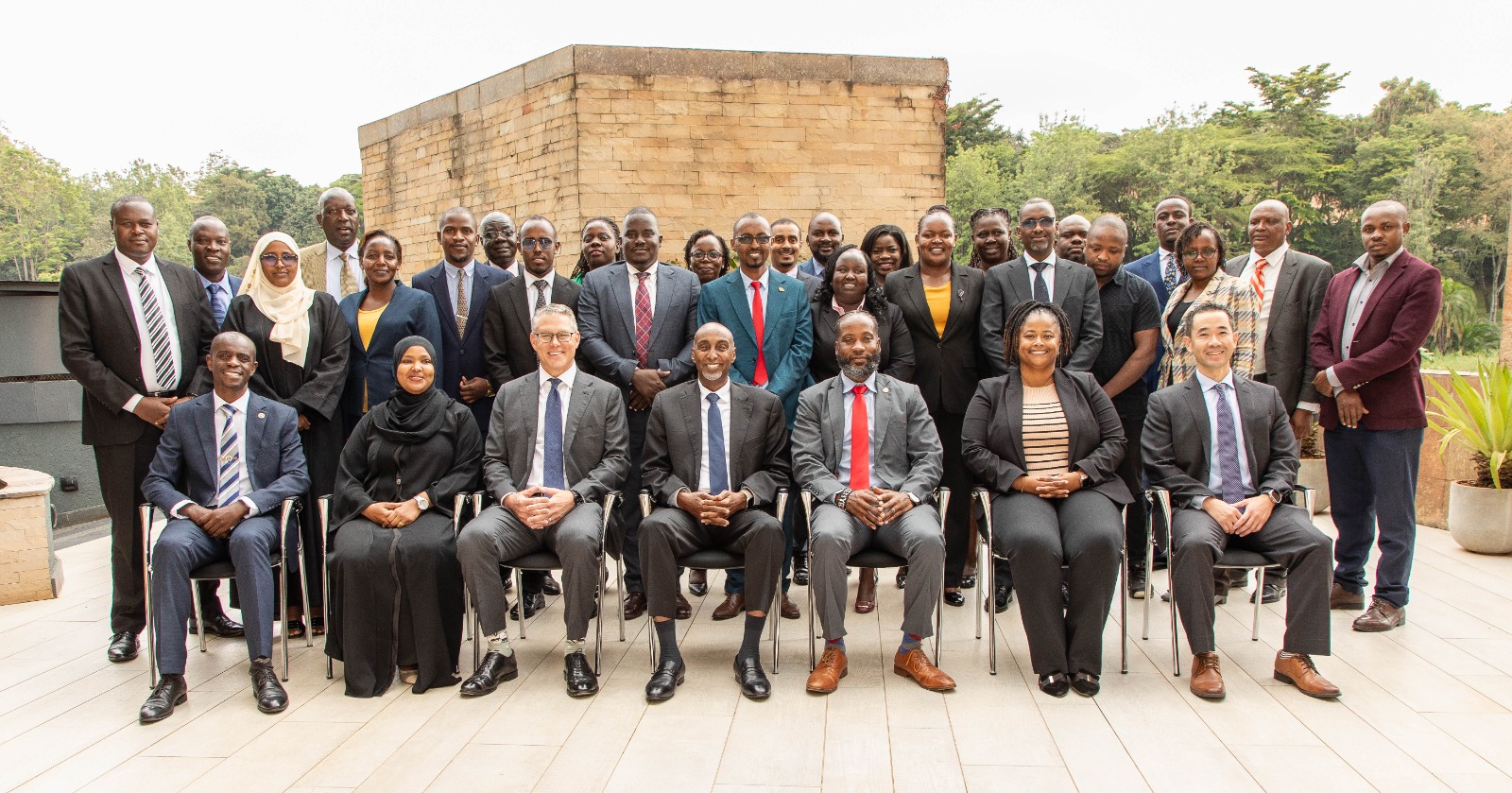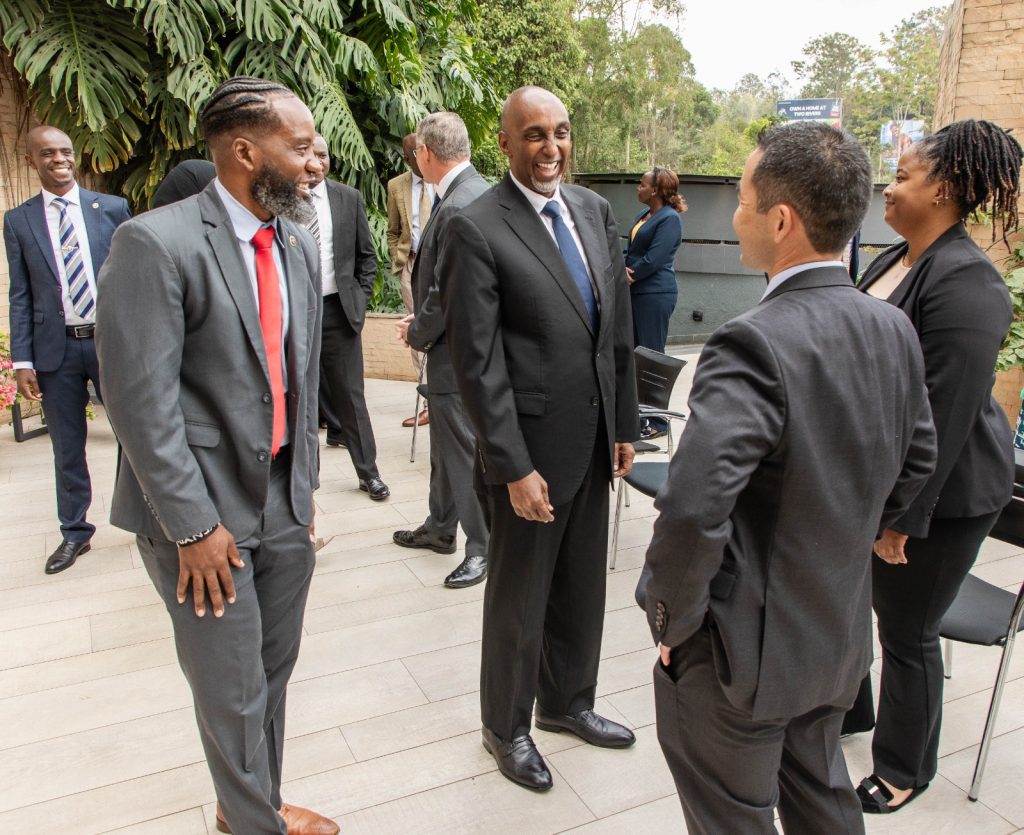EACC, FBI push for tech-driven response to evolving corruption threats

18/11/2025: The Ethics and Anti-Corruption Commission (EACC) has called for deeper adoption of advanced digital investigative techniques to counter increasingly sophisticated corruption networks exploiting modern technology.
Speaking at the launch of a specialized training programme on Basic Cellular Analysis, Expert Witness Testimony, and Transnational Anti-Corruption Investigation in Nairobi, EACC Chief Executive Officer Abdi A. Mohamud said Kenya’s enforcement agencies must stay ahead of criminals who now rely on encrypted communication channels, cryptocurrency wallets, blockchain obfuscation tools, and complex cross-border money-laundering schemes.
Mr. Mohamud noted that the rapidly evolving technological environment demands equally advanced responses from investigators and prosecutors. “This programme marks a significant step forward in strengthening our capacity to combat corruption through the use of advanced digital investigative techniques,” he said.

He stressed that while corruption is not new, the methods used to conceal it have grown more sophisticated, requiring investigators to sharpen their technological capabilities. “Together, we are building a future where integrity, accountability, and justice are not only protected but technologically empowered,” he added.
The training, facilitated by FBI advisors alongside EACC officers previously trained by the Bureau and other subject-matter experts, includes an advanced module on transnational anti-corruption investigations. The module aims to enhance the ability of enforcement agencies to pursue complex, multi-jurisdictional cases that often involve intricate digital trails and international financial networks.
Participants in the programme include officers from the EACC, Kenya Revenue Authority (KRA), and the Office of the Director of Public Prosecutions (ODPP). The initiative reinforces EACC’s commitment to building sustainable, world-class investigative capacity, particularly in areas where corruption increasingly intersects with technology and transnational criminal activity.

